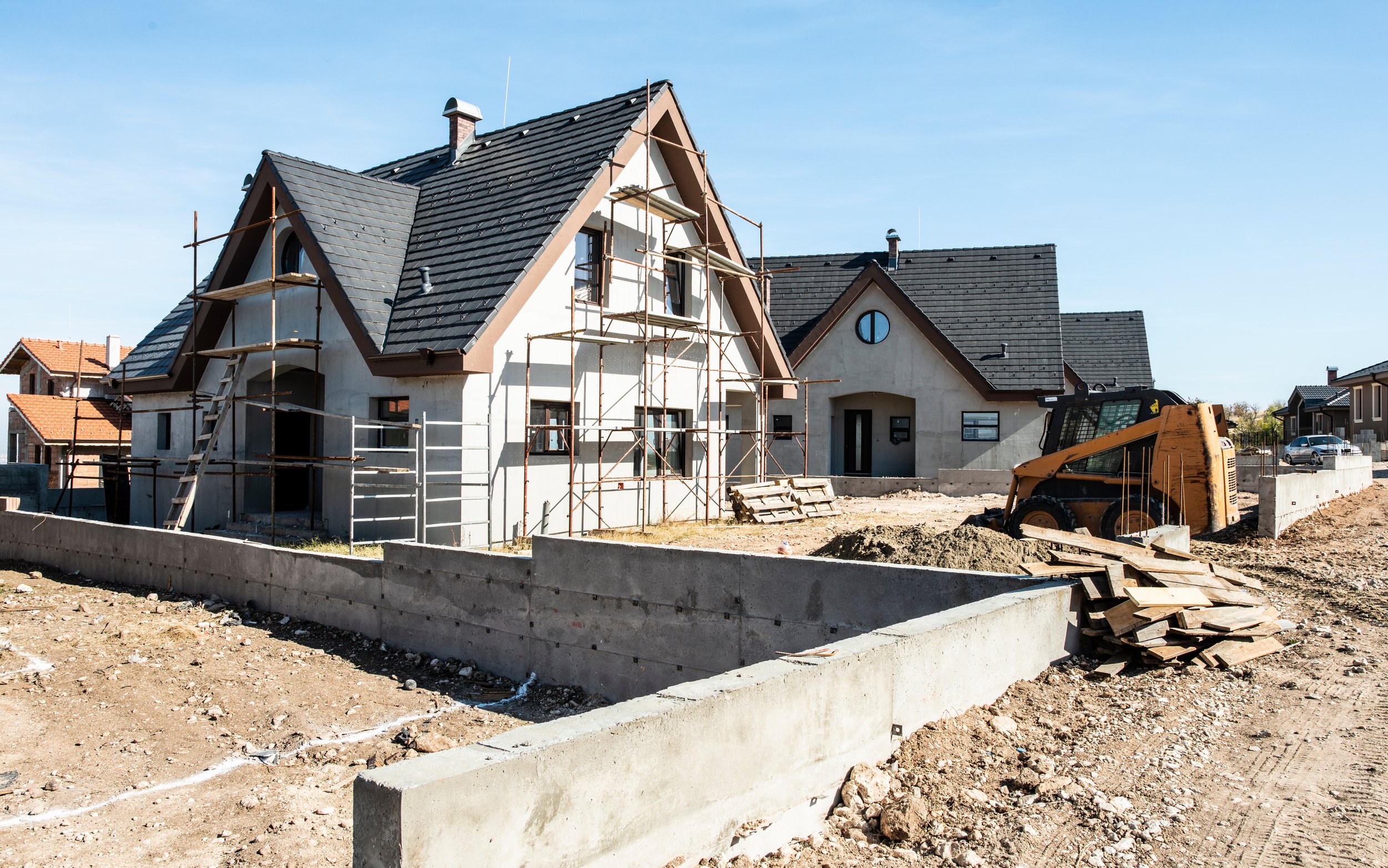
Our services
The DeVault Law team is experienced in handling a wide array of construction defect and real estate non-disclosure claims.
Construction defect
Negligent design, engineering, and construction
Negligent design, engineering, and construction occur when professionals fail to meet industry standards, resulting in unsafe or substandard work. This can include poor architectural plans, faulty engineering calculations, or subpar construction practices. These defects can lead to significant problems such as leaks, cracks, and overall structural instability, compromising the safety and integrity of your property.
Structural and foundation movement
Structural and foundation movement refers to the shifting or settling of a home's foundation, which can cause severe damage. Signs of these issues include cracks in walls, uneven floors, and doors or windows that stick. Such movement can result from poor soil conditions, improper foundation design or installation, or inadequate drainage. Addressing these defects is crucial to maintaining the stability and safety of your property.
Violation of applicable building codes and state statutes
Violations of building codes and state statutes happen when construction does not comply with legal requirements and safety standards. These violations can range from improper electrical wiring to insufficient fire safety measures. Ensuring compliance with these regulations is essential to the safety and legality of your property, and addressing any violations is necessary to avoid potential hazards and legal issues.
Breach of warranties
A breach of warranty occurs when a builder or contractor fails to uphold the promises made regarding the quality and performance of their work. This includes both express warranties, which are explicitly stated, and implied warranties, which are assumed under law. If construction at your property does not meet the agreed-upon standards or fails prematurely, you may have a valid claim for breach of warranties.
Real estate non-disclosure
Non-disclosure or concealment of latent defects
Non-disclosure or concealment of latent defects involves sellers failing to reveal hidden problems in a property that are not immediately visible during a standard inspection. These defects can include issues like mold growth, termite damage, or faulty plumbing. Such non-disclosure can lead to unexpected and costly repairs for new homeowners, making it essential to address these claims to protect your investment and ensure a safe living environment.
Inaccurately marketed home listings
Inaccurately marketed home listings occur when a property is misrepresented in its advertising, such as overstating its condition, features, or value. Examples include claiming a home has more bedrooms than it actually does or describing it as recently renovated when it was not. These misrepresentations can deceive potential buyers, leading to financial losses and unmet expectations. Addressing these issues ensures that buyers receive accurate information and fair value for their purchase.
General business matters
Payment disputes and mechanic’s liens
Payment disputes arise when contractors, subcontractors, or suppliers do not receive the agreed-upon compensation for their work. These disputes can disrupt cash flow and project timelines. Mechanic’s liens are legal claims placed on a property by unpaid parties to secure payment for services or materials provided. Addressing payment disputes and filing mechanic’s liens are essential to ensure you receive the compensation you deserve and protect your financial interests in any construction project.
Negotiating and revising residential contracts
Negotiating and revising contract terms in residential settings involve ensuring that agreements between homeowners and contractors are clear, fair, and legally sound. This includes drafting new contracts or modifying existing ones to outline the scope of work, payment terms, timelines, and responsibilities. Contracts that are properly executed helps prevent disputes and misunderstandings, and ensures a smooth and successful project for all parties involved.
Negotiating and revising commercial contracts
Negotiating and revising contract terms in commercial settings require a thorough understanding of the unique complexities and regulations of commercial construction projects. This process includes creating detailed agreements that cover various aspects such as project scope, payment schedules, compliance with building codes, and risk management. Ensuring precise and comprehensive contract terms is crucial for mitigating risks and fostering strong business relationships in commercial construction.
GET STARTED TODAYDeVault Law is your partner at every stage of the litigation process
Ready to resolve your construction or real estate non-disclosure issues with experienced legal guidance? Contact DeVault Law today for a free consultation to get started on protecting your home, property, or business. Take the first step towards a successful resolution—our dedicated team is here to provide the personalized support you need.

